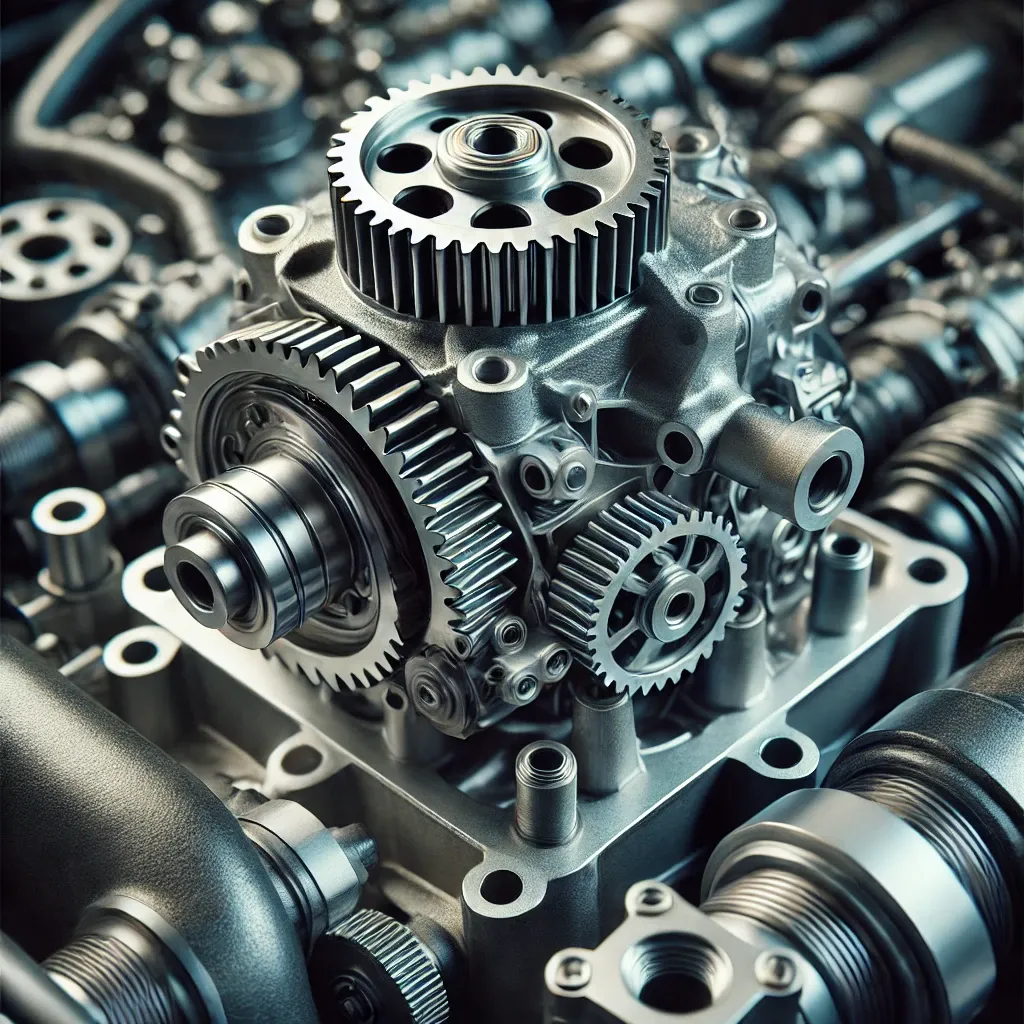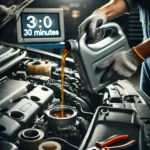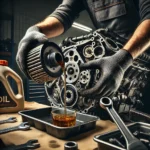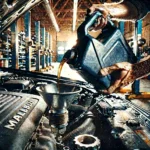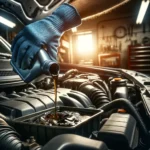Ever wondered what an engine oil pump does? Learn how it works, signs of breakdown, and the cost of replacing or exchanging it. Stay informed and keep your car’s engine running smoothly!
The engine oil pump plays a crucial role in the performance and longevity of a car’s engine. Without it, the engine would not be properly lubricated, leading to severe damage over time. In this article, we will dive into the function, breakdown issues, replacement costs, and much more related to engine oil pumps.
Engine Oil Pump: What It Is and How It Works
An engine oil pump is a critical component in ensuring that your car’s engine is adequately lubricated. This pump circulates engine oil throughout the engine, reducing friction between moving parts and preventing overheating. By ensuring smooth operation, it extends the life of the engine and enhances its performance.
-
Types of Engine Oil Pumps There are two common types of engine oil pumps: the gear pump and the rotor pump. Gear pumps are most commonly used in modern vehicles due to their simplicity and reliability.
-
Function The primary function of the engine oil pump is to create oil pressure. It pumps oil from the oil pan and pushes it through the engine, lubricating key parts like the pistons, crankshaft, and camshaft.
-
Materials and Design Engine oil pumps are typically made from durable metals like steel and aluminum to withstand high pressures and temperatures.
Understanding how this pump works will help you identify potential issues early and keep your engine in good condition.
Engine Oil Pump Breakdown: How to Spot Issues
Over time, the engine oil pump may encounter problems due to wear and tear, contamination of oil, or insufficient maintenance. Identifying the early signs of failure can save you from more expensive repairs down the road.
-
Common Breakdown Symptoms
-
Low Oil Pressure A decrease in oil pressure could indicate a failing pump.
-
Engine Overheating If oil isn’t circulating properly, the engine will overheat.
-
Strange Noises A whining or grinding noise could indicate a problem with the pump’s gears or motor.
-
Oil Leaks A leaking oil pump might cause oil to pool under the vehicle.
-
Warning Lights The oil pressure warning light could illuminate when there is a problem.
-
If you experience any of these symptoms, it’s crucial to have your engine oil pump checked as soon as possible to avoid further damage.
👉 Learn more about engine oil pump breakdown 👈
Engine Oil Pump Exchange: Costs and Replacements
If your engine oil pump is failing or broken, replacing it is the only option. But how much does it cost to exchange the engine oil pump, and what factors influence the price?
-
Cost of Replacement
-
Labor Replacing an engine oil pump is a labor-intensive process and can be expensive. Labor costs typically range from $300 to $600, depending on your location and mechanic.
-
Parts The cost of the oil pump itself can vary greatly, ranging from $100 to $500 or more depending on the car make and model.
-
Additional Costs You may also need to replace gaskets or seals, which can add to the total cost.
-
Overall, the total cost of replacing an engine oil pump can range from $500 to $1,200, with some high-end models costing even more. It’s essential to weigh the cost of repair against the potential damage a faulty pump could cause to your engine.
-
DIY vs. Professional While some advanced DIYers may attempt to replace the pump themselves, it’s often better to leave the job to professionals. Misinstallation could cause further damage.
👉 Check costs for oil pump exchange 👈
Conclusion
An engine oil pump is an essential part of your vehicle’s engine. By understanding its function, how to spot breakdowns, and the costs associated with replacement, you can make informed decisions about maintenance and repairs. Keep an eye out for warning signs like low oil pressure or unusual noises to prevent costly engine damage. Whether you’re dealing with an oil pump failure or considering a replacement, this knowledge will help you ensure your car’s engine runs smoothly for years to come.
“An ounce of prevention is worth a pound of cure,” and maintaining your engine oil pump is a prime example of this timeless advice. Stay proactive and ensure your engine oil pump remains in top condition!

